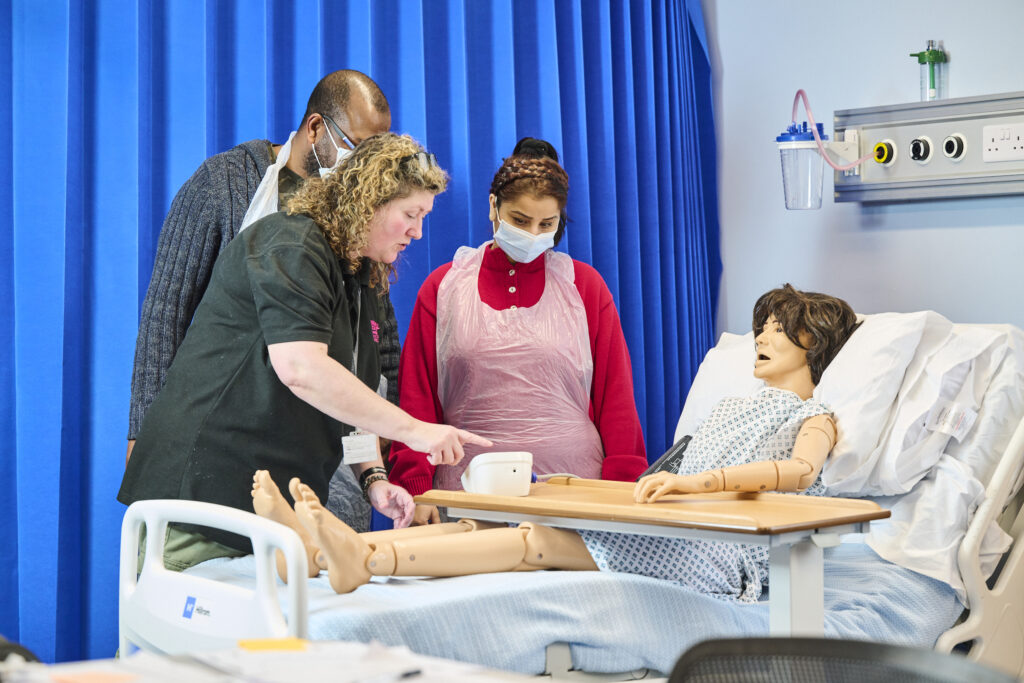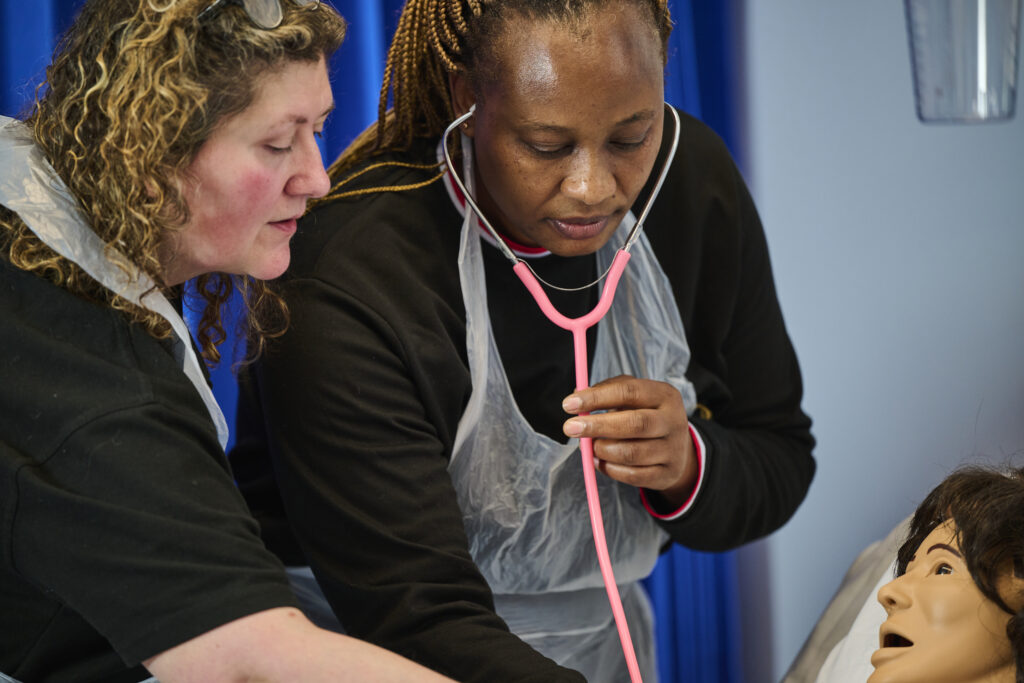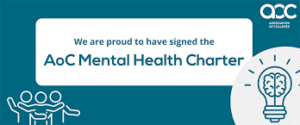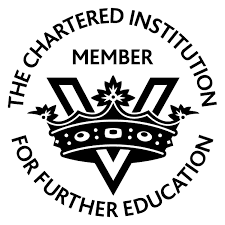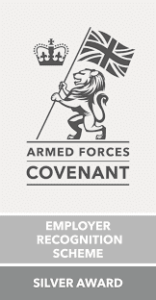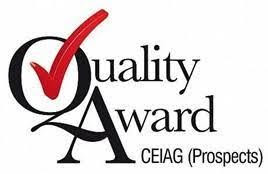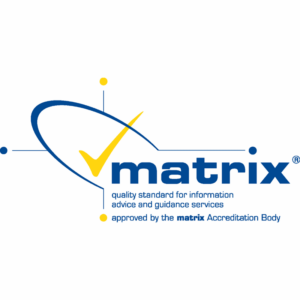This course is delivered online through the platform Moodle. Moodle allows learners to achieve recognised Access to Higher Education Diplomas from home, on the move or in the workplace. Moodle is more than just a delivery tool, course materials, assessments and interactive content are mapped to your specific regulated diploma through a cloud-based Virtual Learning Environment. You will have the opportunity to come into college for ‘drop-in’ support sessions with your specialist tutor who can provide guidance and support with your assignments and access remote support during the working week.
Your study materials, resources, textbooks and assignments are provided and supported using the Moodle platform, with ongoing support from the experienced and subject specialist Access to HE curriculum team.
Modules:
Unit 1: Researching and Understanding Opportunities in Higher Education
Upon successful completion of this unit, you will:
- Understand the range of opportunities available in Higher Education.
- Understand the advantages and disadvantages of choosing a particular Higher Education opportunity.
- Be able to action plan for the development of career related abilities and skills.
- Understand the importance of broader life experiences and transferable skills in relation to progression to Higher Education.
Unit 2: Academic Writing Skills
Upon successful completion of this unit, you will:
- Be able to structure a written response
- Be able to develop a structured response to a plan
- Be able to present the response appropriately for audience and purpose
- Understand how to apply academic writing principles to own work
Unit 3: Research Skills
Upon successful completion of this unit you will:
- Be able to identify a viable research topic
- Be able to develop a research plan
- Understand the importance of data analysis and interpretation in research.
Unit 4: The Structure and Function of Cells
Upon successful completion of this unit you will:
- Understand cellular structure and organisation
- Be able to analyse cellular activity.
- Be able to analyse the cell cycle.
Unit 5: Systems Physiology
Upon successful completion of this unit you will::
- Understand the structure, function and role played by the cardiovascular system.
- Understand the structure, function and role played by the respiratory system
- Understand the structure, function and role played by the digestive system.
- Be able to analyse the basic principles of physiology.
Unit 6: Human Musculoskeletal System
Upon successful completion of this unit you will:
- Understand the human skeleton and how it relates to locomotion
- Be able to analyse muscle contraction.
- Understand the development of bone
Unit 7: Endocrine System
Upon successful completion of this unit you will:
- Understand terms hormone and endocrine gland
- Be able to analyse homeostasis and feedback mechanisms.
- Understand the action of hormones
Unit 8: Redox and Periodicity
Upon successful completion of this unit, you will:
- Be able to identify and apply oxidation and reduction principles.
- Understand
- Understand the chemistry of Group 2 elements and compounds and halogens
Unit 9: Atoms Bonds and Structures
Upon successful completion of this unit, you will:
- Understand atomic structure.
- Understand bonding, structure and properties
- Be able to analyse intermolecular forces.
Unit 10: Chemistry of Drugs
Upon successful completion of this unit, you will:
- Understand the key definitions used in medicinal chemistry
- Understand the significance of the molecular structure of drugs upon their function.
- Understand analytic methods used for drug detection.
- Understand the importance of isomerism in drug action.
- Be able to analyse common processes involved in drug design.
Unit 11: Chemistry of Pollution
Upon successful completion of this unit, you will:
- Understand the causes and effects of atmospheric pollution.
- Understand the effects of rising CO2 levels on the chemistry of the oceans.
- Understand causes and effects of pollution of the hydrosphere.
- Be able to evaluate sources of trace-metal pollution and their effects on local soils and/or water courses
Unit 12: The Laws of Physics
Upon successful completion of this unit, you will:
- Understand force and motion.
- Understand energy conservation and momentum.
- Understand wave motion.
- Understand reflection and refraction.
- Understand magnetism and electrical current behaviours.
Unit 13: The Principles and Properties of the Electromagnetic Spectrum
Upon successful completion of this unit, you will:
- Understand electromagnetic waves.
- Understand visible and ultraviolet light including their applications.
- Understand microwaves and infrared light.
- Explain how intermolecular forces influence boiling and melting points of substances.
- Understand the use of x-rays in medical settings
Unit 14: Radioactivity in Medicine
Upon successful completion of this unit, you will:
- Understand the nature of radioactive decay.
- Understand the need for safety precautions when handling radioactive isotopes.
- Analyse the beneficial uses of radioactive isotopes.
Unit 15: Medical Physics
Upon successful completion of this unit, you will:
- Understand the structure and operation of the eye and the correction of simple eye defects.
- Understand the structure of the ear, the process of hearing and identify and explain simple methods of detecting hearing abnormalities through interpretation of simple tests.
- Understand the electromagnetic spectrum and explain how different types of electromagnetic waves are used in medical physics.
- Understand medical uses of ultrasound imaging techniques.
- Understand therapeutic uses of radioactivity
Cost:
Some learners are fully funded for the course depending on individual circumstances and eligibility criteria or there is the option for an advanced learner loan which will be discussed with you at enrolment by the funding team.
The advanced learner loan, if required, will cover the cost of your Access Course. Loan eligibility does not depend on your income and there are no credit checks. Student Finance England who are responsible for the loans will ‘write-off’ any outstanding advanced learner loan balances as soon as you complete a higher education course. This means you do not have to pay back your advanced learner loan if you complete your degree programme.
Self-funded students will pay £3384.00


